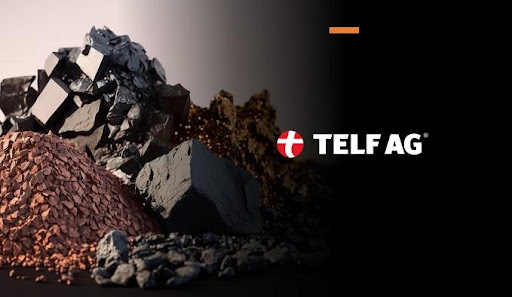Last Updated on: 22nd November 2023, 07:47 am
So, you’ve created great content and it’s polished and ready to be posted online. But no matter how amazing your content is, it’s not going to get found without it having hyperlinks, so it’s not going to increase your website traffic either. What’s the point of awesome content if it doesn’t help rank your site? You want people to read your content, right?
Hyperlinking your blog will deliver good traffic benefits. So, every blog should contain a hyperlink to either another website or one of your blog posts.
Including hyperlinks in your blog is an important part in not only blogging but in any digital marketing campaign. To fully understand how and why you should hyperlink your blog you should definitely complete a digital marketing course which will absolutely bring you up to speed on this great traffic generating benefit.
Reasons for hyperlinking your blog
Increasing website traffic and the amount of people online that read your blog are not the only reasons for why you should hyperlink your blog, there are many benefits and here are just a few.
- Reference to previous blog posts – It’s always beneficial to your blogging posts to link back to any previous blogs that have relevance and helps to link blogs together.
- Build online interaction – When you are blogging about an event you attended or a great business review it’s always a good idea to include hyperlinks as it builds trust and creates authenticity in your blogs
- To increase readers of blogging posts – People may just stumble upon your blog through a hyperlink, which really does increase the possibility of people reading your blogs.
What is anchor text?
Every digital marketer wants to create more traffic, right? It’s crucial to the success of your digital marketing campaign. So, how does anchor text help you optimise your blog to increase more traffic?
Basically, anchor text is a clickable link that sends your readers to a different page on your site or to a new website. Understanding how to make the most out of anchor text will certainly increase the benefits of your SEO and digital marketing efforts.
Anchor text helps the search engines to know what your blog is all about, therefore also helps to rank your blog.
Optimising blog content
There can be no doubt that effective blogging is a great SEO tactic to boost traffic. Every digital marketing campaign should include hyperlinks on your blog and every marketer understands how this optimises your blogging content.
There are many techniques and tactics that can be used to optimise your blog but knowing how you should hyperlink your blog is one of the most effective SEO methods.
Here are a few tips that you should use to when adding hyperlinks to your blog:
- Keyword focus – Blogs should not use as many keywords as possible, in fact, this can harm your SEO objective. Keyword stuffing is not a good idea for your blog. Instead, focus on a few long-tail keywords per blog post.
- Title tag – This is the first impression on a search engine so keep the title tag relevant. Avoid lengthy headlines, but if it is an absolute must make sure your keyword is at the beginning of your title.
- Headers – Try to answer a question that you think your readers may have and keep your blog header focussed on offering an answer.
Blogs should be mobile friendly
Nowadays more and more online users are accessing the internet via their mobile devices than from a computer and this trend is set to increase. We’re always on the move so it makes sense to ensure that your blog is mobile friendly. It’s now possible to use a website that has responsive design, which means this helps your blog posts SEO as it helps Google to recognise your posts value and relevance, which increases your blog’s ranking.
Blog hyperlinks
There are two type of hyperlinks that you can add to your blog to enhance your readers’ experience and increase traffic, which are internal and external links.
Internal links take the reader to other pages on your website such as a previous blog, product page or contact page.
External links direct your visitor to an external site such as a reference site or related content that you posted on another site.







